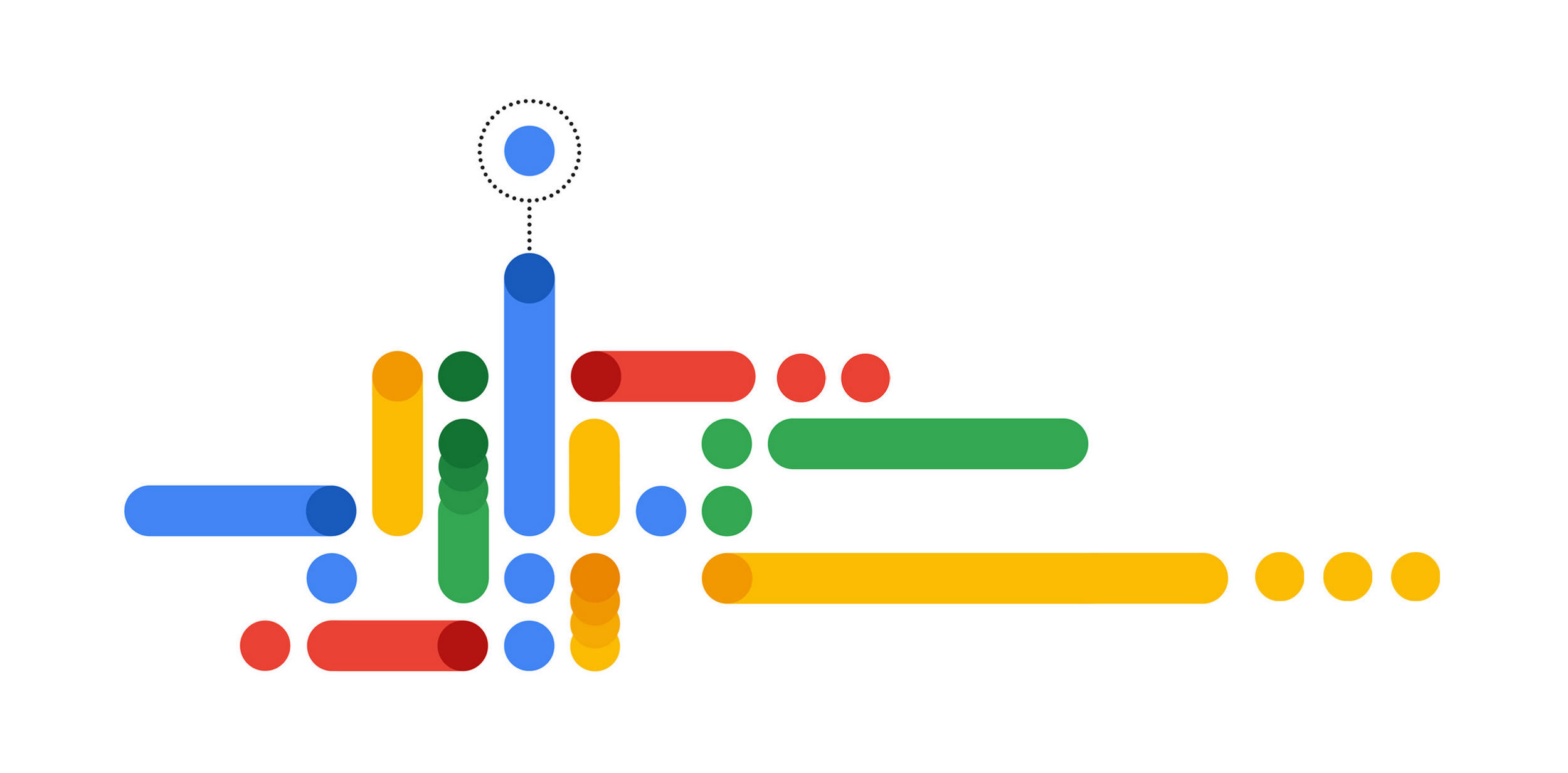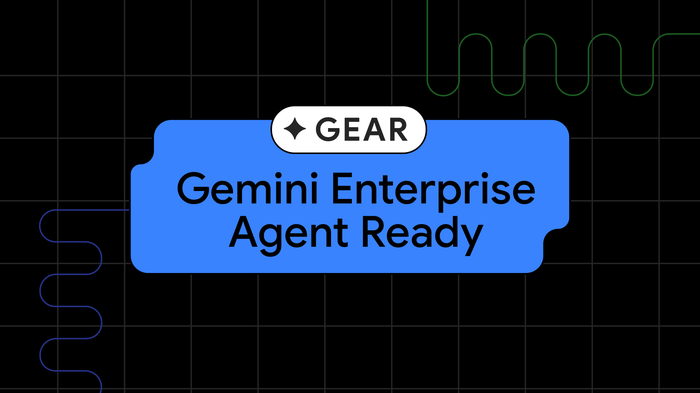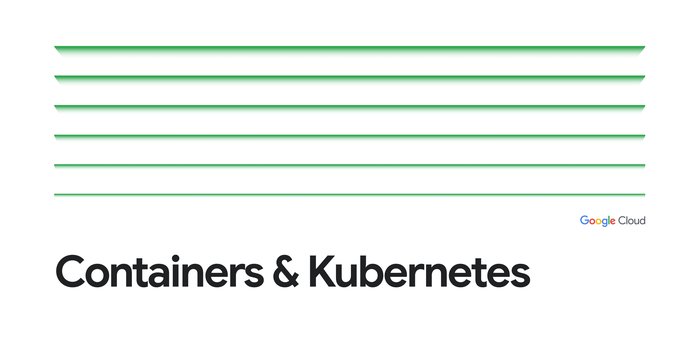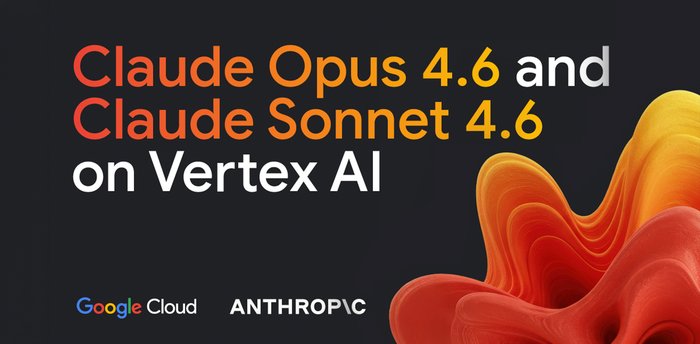Google Cloud brings generative AI to developers, businesses, and governments

June Yang
VP, Cloud AI & Industry Solutions
Burak Gokturk
VP & GM, Cloud AI & Industry Solutions, Google Cloud
Generative AI is poised to usher in a new wave of interactive, multimodal experiences that transform how we interact with information, brands, and one another. Harnessing the power of decades of Google’s research, innovation, and investment in AI, Google Cloud is bringing businesses and governments the ability to generate text, images, code, videos, audio, and more from simple natural language prompts.
Realizing the potential of this technology means putting it in the hands of every developer, business, and government. To date, it has been difficult for organizations to access generative AI, let alone customize it, and at times the technology is prone to producing inaccurate information that could undermine trust. A decade ago, mobile ecosystems soared as businesses and developers gained safe, secure, and powerful tools suited to new form factors, interfaces, and interactions — and likewise, for generative AI to blossom, organizations need a new generation of tools that make it simple to build generative AI applications, or gen apps.
To address these needs, Google Cloud will launch a range of products that infuse generative AI into our offerings, empowering developers to responsibly build with enterprise-level safety, security, and privacy. This journey starts today with the introduction of two new technologies:
Generative AI support in Vertex AI gives data science teams access to foundation models from Google and others, letting them build and customize atop these models on the same platform they use for homegrown ML models and MLOps.
Generative AI App Builder allows developers to quickly ship new experiences including bots, chat interfaces, custom search engines, digital assistants, and more. Developers have API access to Google’s foundation models and can use out-of-the-box templates to jumpstart the creation of gen apps in minutes or hours.
Across these, Google Cloud ensures organizations have complete control over if, how, and for what their data is used.
“Google Cloud is bringing decades of AI research, innovation, and investment to the world with the launch of Generative AI support in Vertex AI and Generative AI App Builder,” said Ritu Jyoti, Group Vice President, Worldwide Artificial Intelligence (AI) and Automation Research, IDC. “With this, Google Cloud is poised to enable a whole new generation of builders, innovators, developers and doers to harness the power of AI in novel ways. Google Cloud's vision to empower teams, transform industries and truly change the world for the better is inspiring, and what sets them apart is their thoughtful yet bold approach, grounded in their deep commitment to responsibility.”
Build, tune, and deploy foundation models with Vertex AI
Vertex AI, Google Cloud’s machine learning platform for training and deploying ML models and AI applications, is getting its biggest upgrade ever.
Generative AI support in Vertex AI offers the simplest way for data science teams to take advantage of foundation models like PaLM, in a way that provides them with the most choice and control, including the ability to:
Choose the use case you want to solve for. Developers can now easily access PaLM API on Vertex AI to immediately address use cases such as content generation, chat, summarization, classification, and more.
Choose from Google’s latest foundation models. Options will include models invented by Google Research and DeepMind, and support for a variety of data formats, including text, image, video, code, and audio.
Choose from a variety of models. Over time, Vertex AI will support open-source and third-party models. With the widest variety of model types and sizes available in one place, Vertex AI gives customers the flexibility to use the best resource for their business needs.
Choose how to tune, customize, and optimize prompts. Use business data to increase the relevance of foundation model output and maintain control over costs, while ensuring data sovereignty and privacy.
Choose how to engage with models. Whether via notebooks, APIs, or interactive prompts, a variety of tools lets developers, data scientists, and data engineers all contribute to building gen apps and customized models.
“Since its launch, Vertex AI has helped transform the way CNA scales AI, better managing machine learning models in production,” said Santosh Bardwaj, SVP, Global Chief Data & Analytics Officer at CNA Insurance. “With Generative AI support in Vertex AI, CNA can now tailor its insights to best suit the unique business needs of customers and colleagues.”

Starting today, trusted testers are accessing Generative AI support in Vertex AI. If you are interested in updates on our early access opportunities, please join our technical community, Google Cloud Innovators.
Build applications in minutes or hours with Generative AI App Builder
Businesses and governments also want to make customer, partner, and employee interactions more effective and helpful with this new AI technology. To enable this, we are announcing our new Generative AI App Builder, the fastest way for developers to jumpstart the creation of gen apps such as bots, chat apps, digital assistants, custom search engines, and more, with limited technical expertise required. It lets developers:
Build in minutes or hours — not weeks or years. Developers can get going quickly with direct API access to foundation models and out-of-the-box templates for major use cases, including search, support, product recommendations and discovery, and media creation. Additionally, pre-built connectors let developers integrate their data with the intelligence of foundation models, all while keeping data private.
Combine organizational data and information retrieval techniques to provide relevant answers. Organizations can now build apps that infer the intent of a user’s question, surface proprietary data alongside relevant information from the foundation model, and serve responses with the required citations and attributions, all while ensuring data isolation and sovereignty.
Search and respond with more than just text. Customers can type, talk, tap, and submit images when they interact — and bots, assistants, and other gen apps can reply with text, voice, and media.
Combine natural conversations with structured flows. With granular control, developers can now blend the output of foundation models with step-by-step conversation orchestration to guide customers to the right answers, no matter the duration of engagement.
Don’t just inform — transact. Beyond just serving content, digital assistants and bots can connect to purchasing and provisioning systems, and escalate customer conversations to a human agent when the context demands.
“With the growing popularity of voice assistants in everyday life, consumers increasingly expect accurate and consistent voice interactions. The integration of Google Cloud’s industry-leading, AI-based speech services are already providing high-quality voice services to Toyota and Lexus customers," said Steve Basra, CEO and president, Toyota Connected North America. "With these latest generative AI announcements, we’re excited to expand our partnership and explore how foundation language models can further our vision to bring the best and most innovative in-car experiences to drivers.”
“Thanks to their AI capabilities, Google Cloud has been a key strategic partner for Mayo Clinic in advancing the diagnosis and treatment of disease to improve the health of people and communities,” said Christopher Ross, CIO, Mayo Clinic. “Generative AI-powered search has the potential to help clinicians find, understand, and interpret information while keeping the data private and secure. We look forward to our continued co-innovation to deliver solutions for clinicians and employees to help reduce cognitive information overload and improve operational efficiencies.”
“Google Cloud’s leading AI technology enables STARZ customers to discover more relevant content, increasing engagement with, and the likelihood of completing the content served to them,” said Robin Chacko, EVP Direct-to-Consumer, STARZ. “We’re excited about how generative AI-powered search will help users find the most relevant content even easier and faster."
Starting today, trusted testers are accessing Generative AI App Builder. If you are interested in updates on our early access opportunities, please join our technical community, Google Cloud Innovators.
Turning generative AI building blocks into enterprise value
Let’s look at a few examples of how organizations are already looking to unlock the power of generative AI with Google Cloud:
Automated content generation. Generative AI can facilitate brainstorming, perform copywriting, and generate media assets — meaning that emails, marketing messages, and creative assets can be prototyped in seconds, and ready for review within minutes or hours, not weeks or months. Marketing and creative teams across organizations are looking to augment current workflows with this technology to instantly bring more choices, more flavors, and greater ingenuity to campaigns, programs, ads, and more.
AI experiences and assistants for virtually any task. Because generative AI lets businesses and governments turn large, complex volumes of data into summaries, interactive multimedia experiences, and human-like conversations, we see many customers interested in leveraging this technology for not only customer-facing experiences, like brand or product Q&As, but also more complex data science scenarios. For example, gen apps, like digital assistants, can help data analysts and business users up-level their skills, by generating SQL queries, enabling exploration of data through natural language queries, and more.
Searching and understanding large, internal datasets that span many sources. Many of our banking customers analyze various internal and external data sources to get a comprehensive view of the market. They’re exploring how to use this technology to ensure that when employees search for information across these sources, they get relevant results, accurate summaries of large documents, tools to refine queries’ sources, and citations and attributions so employees can trust outputs and dig deeper as needed.
Providing a foundation to jumpstart the wave of gen app startups. Vertex AI levels the playing field for development with generative AI. By providing API access to foundation models while reducing the massive and prohibitive data requirements these technologies usually entail, Vertex AI will empower builders and innovators of all kinds, from data scientists to self-taught developers, to create the next generation of startups.
Protecting data and shaping conversation flows with Responsible AI
When Google Cloud brings new AI advances to our products, our commitment is two-fold: to deliver transformative capabilities, while ensuring our technologies include proper protections for our organizations, their users, and society. To this end, our AI Principles, established in 2017, form a living constitution that guides our approach to building advanced technologies, conducting research, and drafting our product development policies. For more information about how we put our AI Principles into practice, read our most comprehensive report to date.
Our new announcements are no exception, providing:
Transparency and explainability: Both Vertex AI and Generative AI App Builder include tools to inspect, understand, and modify model behavior.
Data privacy and sovereignty: Whether a company is training a model in Vertex AI or building a customer service experience on Generative AI App Builder, private data is kept private, and not used in the broader foundation model training corpus. Organizations always maintain control over where data is stored and how or if it is used, letting them safely pursue data-rich use cases while complying with various regulations and data sovereignty laws.
Factuality and freshness: Generative AI App Builder uses information retrieval algorithms to provide the right sourcing and attribution while serving the most relevant information.
Probabilistic models with deterministic workflow controls: Organizations want to blend the interactive and probabilistic nature of generative AI with results that are controlled, deterministic, and reliable.
Choices to fit different requirements: To meet organizations' differing needs, our platforms are designed to be flexible, including data and model lineage capabilities, integrated security and identity management services, support for third-party models, choice and transparency on models and costs, integrated billing and entitlement support, and support across many languages.
“Google Cloud has been a strategic partner for Deutsche Bank, working with us to improve operational efficiency and reshape how we design and deliver products for our customers,” said Gil Perez, Chief Innovation Officer, Deutsche Bank. “We appreciate their approach to Responsible AI and look forward to co-innovating with their advancements in generative AI, building on our success to date in enhancing developer productivity, boosting innovation, and increasing employee retention.”
Additionally, as part of our commitment to an open approach to AI development, we’re also announcing new AI partnerships and programs that make it easier for startups, developers, and enterprises to accelerate their AI projects.
Visit our AI on Google Cloud webpage or join us at Google Data Cloud & AI Summit, live online March 29, to learn more about our new announcements.



